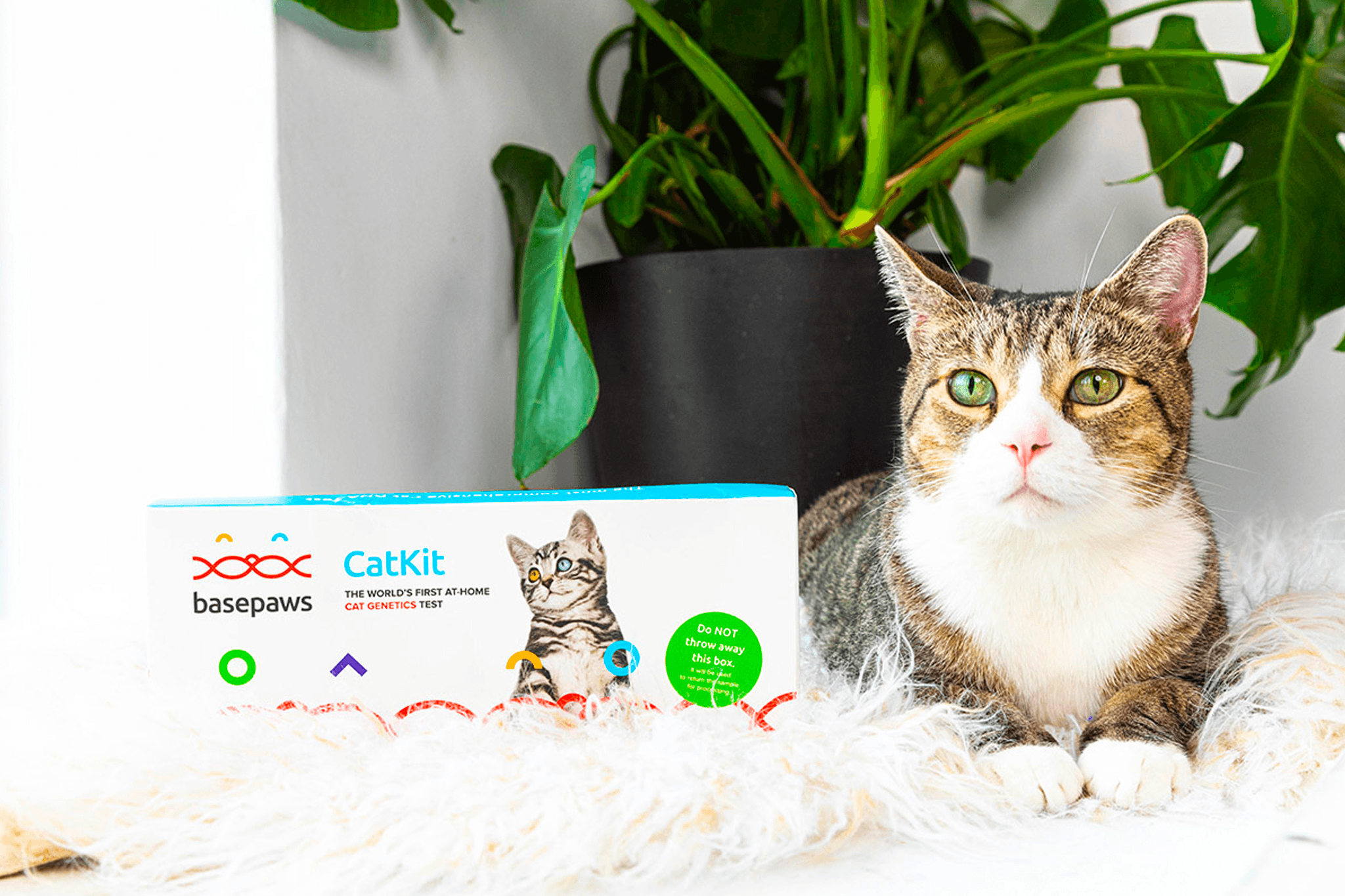With an increasing number of people joining us, we get more questions about the science behind our work than ever before. One of the most frequently asked questions we get is: "What if my cat passed away, but I still want to do a DNA test?" Here is what you need to know if you want to do a DNA test for either a living or a deceased cat with Basepaws.
You need to be able to collect a viable sample
In order to analyze DNA of any organism, living or deceased, one must acquire a viable DNA sample. The is the crucial first step in obtaining a DNA test. But, what is a viable sample, actually? A viable DNA sample is a sample that contains enough DNA that is not fragmented or contaminated.
Most commonly, DNA samples from living cats are collected from buccal/cheek swabs, hair follicles and/or blood. Basepaws employs the buccal swabbing method for DNA collection from living cats, as buccal swabs have shown to be the most efficient and accurate samples for DNA processing in the lab.

DNA collection from deceased animals, however, can be a lot more challenging. Basepaws is only able to able to accept tissue samples from deceased cats for analysis to find out if it is a viable sample. Please contact us at meow@basepaws.com for more information.
To learn more about DNA and the science behind our DNA analysis please read our blog about Behind the scenes at Basepaws. Here you will find information about DNA sampling, extraction, sequencing and the Basepaws database.




